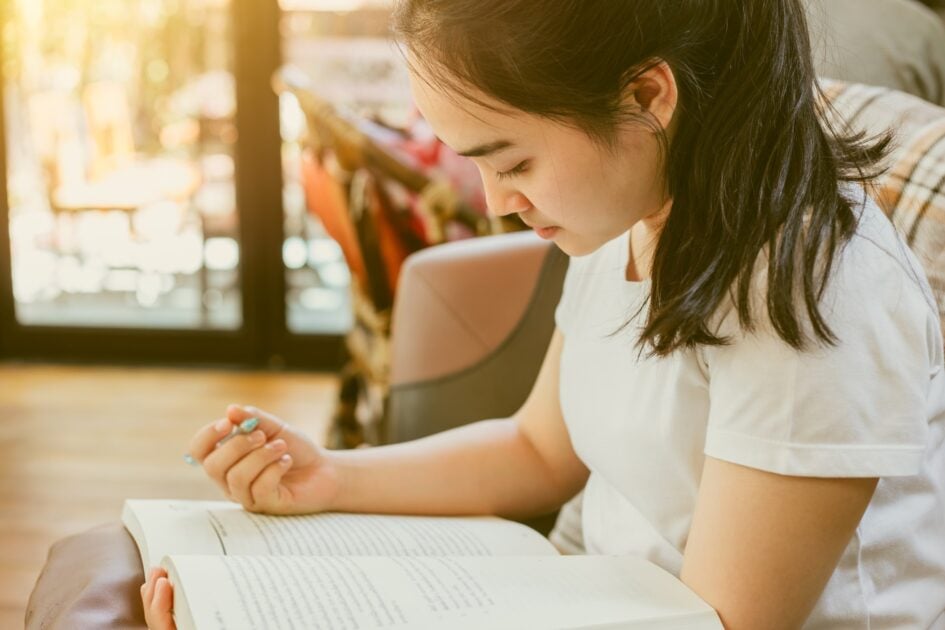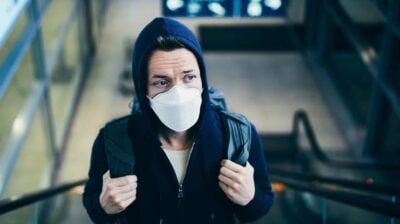Social Distancing when living in Direct Provision
NASC, an organisation for Migrant and Refugee rights, offers advice on social distancing in Direct Provision

The COVID-19 (Coronavirus) pandemic has been a really stressful time for everyone but when you live in direct provision and are told to stay inside and keep your distance from others, it is even more challenging. How do you socially-distance when you are sharing a room and you don’t have your own kitchen or bathroom?
It’s important to focus on the things you can control. You can make sure that you take all the precautions available to you.
Practicing social distancing in Direct Provision
Wash your hands
It is important to wash your hands regularly for at least 20 seconds and use soap. Soap is better at removing bacteria and viruses than sanitisers. Learn more about how to protect yourself from COVID-19.
Wash your hands before you leave your room and when you return. There should also be hand sanitiser in every centre. If you are missing soap in the bathroom then you need to let the centre staff know and they should replace it as soon as possible.
Sharing a room
Some young people are sharing rooms, this might be with a family member or just a roommate. We understand that it’s very hard when you don’t have any personal space or privacy. The Department of Justice have tried to limit the number of people who are not family members sharing a room so some people have been moved to different centres. So there should be no more than two to three people who are not family members in any one room.
Read our article on how to reduce arguments during the lockdown.
If you’re not feeling well and think you have some symptoms, call your GP
People living in direct provision are in a priority group for COVID-19 tests, so if you have a fever and a cough, or fever and a shortness of breath you should be assessed for a COVID-19 test. In order to arrange a test you will have to call your local GP (doctor). You should also let a manager in the centre know as you may need to be moved to your own room on-site or to another location for people who are self-isolating.
What do I do if my roommate has symptoms?
If a roommate starts showing any symptoms, encourage them to call their GP and let centre management know immediately. If your roommate or someone else you have come into contact with in the centre is diagnosed with COVID-19 or thinks they have COVID-19, and you also have any of the following symptoms you should call your GP immediately:
- cough
- congestion (blocked nose)
- runny nose
- sore throat
- body aches
- tiredness
Looking after your mental health in Direct Provision
Many young people in direct provision have lost all of their social outlets like school, college or volunteering. You might be trying to do coursework with patchy internet or in a room full of younger siblings. We know that’s hard, but asking for help if you need it and staying in touch with friends and family can make a difference. Learn more about looking after your mental and physical wellbeing during the pandemic.
If you are having difficulties with your coursework, let your teacher or lecturer know. They should be able to talk to you about alternatives or give you more time or extra help with your work. Find more advice for Leaving Cert students during the pandemic.
Checking in with your friends and family is really important to help stay connected. There are so many ways to get in contact so make a point to say hi to someone everyday. Find out more about ways you can stay content during the pandemic.
It is normal to feel worried or anxious during these uncertain times. If you are having a hard time, it is important to ask for help. There are services out there that can help like Jigsaw’s new phone line service and SpunOut.ie’s 24/7 text line. Find out more about the mental health supports available to you.
Self-isolation in direct provision
There are a number of reasons why you might be asked to self-isolate:
- You are waiting for the results of your COVID-19 test and you are able to self-care (i.e. you are well enough to take care of yourself and do not need to go to hospital)
- You have tested positive for COVID-19 and you are able to self-care
- You have some symptoms of COVID-19, you are waiting for a test, and you are able to self-care
- You have come into contact with someone who has COVID-19, you are waiting for a test and you are able to self-care
There are a number of ways in which you can self-isolate. Your GP and the public health team will decide which is most appropriate. While you are in self-isolation, you will need to stay in your room. You may be able to take a short walk for exercise, depending on whether it is safe to do so at your location. Your meals should be brought to your room for you and left at your door.
If you are sharing a room with your family, you may all be asked to self-isolate together in your room. Some centres have spaces on-site that you can stay in while you self-isolate.
If you need to self isolate you may have to stay at one of the dedicated locations for people who are self-isolating. These are hotels that have been taken over for a few months during the crisis. You should have an en-suite room and you will be assigned a support worker who will call you at least once per day to check in with you and make sure you have everything you need.
Feeling overwhelmed or anxious around the current pandemic?
This situation is completely new to everyone involved and it is normal to feel worried or anxious about what is going on. Following the Government’s instructions on how to stay safe and help slow the spread of the virus, can help to make you feel more in control of your current situation.
If you feel overwhelmed by the current situation and need someone to talk to, our anonymous, 24 hour text line is always open. You’re worth talking about and we’re here to listen and support you.
- Get anonymous support 24/7 with our text message support service
- Connect with a trained volunteer who will listen to you, and help you to move forward feeling better
- Free Text SPUNOUT to 50808 to begin
- Find out more about our text message support service
This article has been written by Nasc. Nasc works with migrants and refugees to advocate and lead for change within Ireland’s immigration and protection systems, to ensure fairness, access to justice and the protection of human rights.





